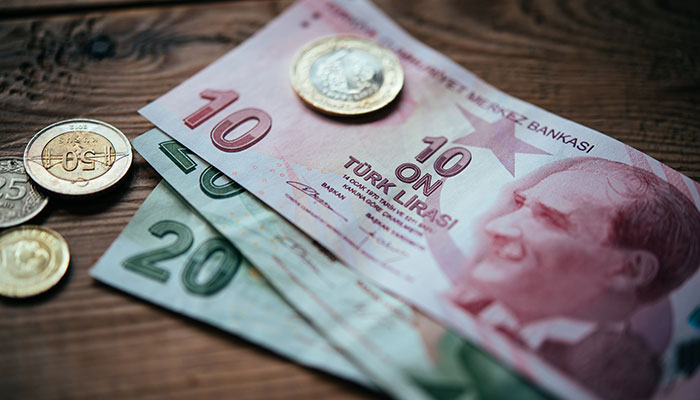
Turkey’s already high inflation rose further last month. According to official figures from the Turkish Statistical Office, the annual currency depreciation was 70 percent in April. That is the highest level in twenty years and more than economists, on average, had expected.
Turkey is dependent on imports for a large part of its energy, and Turkish companies and households are faced with significantly higher costs for gas, which is driving inflation in the country and affecting purchasing power. Food is also becoming more and more expensive, partly due to the war in Ukraine. In March, Turkish inflation was still more than 61 percent.
Despite high inflation, the interest rate in the country is relatively low. Contrary to the consensus among economists, President Recep Tayyip Erdogan believes that high-interest rates lead to high prices. Erdogan wants to use the cheap lira to help his country’s industry because it will make it more affordable for other countries to buy Turkish products. However, this fall in prices also fuels inflation because imports of, for example, fuel become more expensive.
Erdogan’s influence on the central bank makes it unlikely that interest rates will increase in the short term. The central bank kept interest rates unchanged at 14 percent last month.
